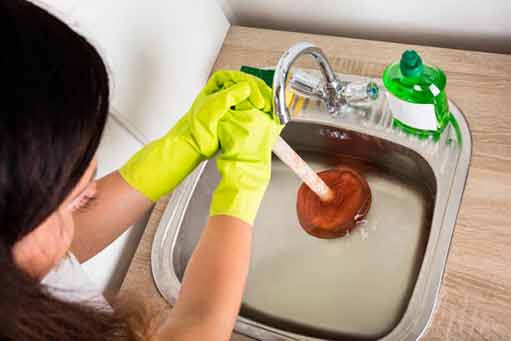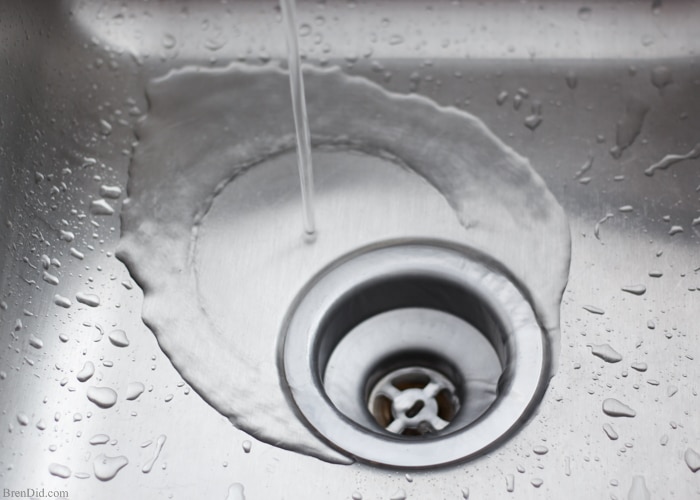As a homeowner, there are few things more frustrating than a clogged kitchen drain. Not only does it disrupt your daily routine, but it can also lead to unpleasant odors and even water damage if left unchecked. Here we will explore some of the most common reasons why your kitchen drain could be clogged so that you can take the necessary steps to prevent it from happening in the future.
Reasons Why Your Kitchen Drain Could Be Clogged:
1. Food scraps
Food scraps are one of the most common causes of kitchen drain clogs. When you rinse plates, pots, and pans in the sink, food particles can easily get washed down the drain. Over time, these scraps can build up and cause a clog. To prevent this from happening, make sure to scrape all food scraps into the trash can before washing your dishes. You can also use a strainer in your sink to trap any food scraps that may accidentally slip down the drain.
2. Grease and oil
Another common cause of kitchen drain clogs is grease and oil. When you pour grease or oil down the drain, it can solidify and cause a blockage in your pipes. To avoid this, never pour grease or oil down the drain. Instead, dispose of it properly by letting it cool and then scraping it into the trash can.
3. Soap residue
While soap is designed to clean your dishes, it can also leave behind a sticky residue in your pipes that can trap other particles and cause a clog. To prevent soap residue from building up in your pipes, make sure to rinse your dishes thoroughly before placing them in the sink.
4. Foreign objects
Sometimes, a clog in your kitchen drain may be caused by a foreign object that has accidentally been washed down the drain. This can include anything from a small toy to a piece of jewelry. If you suspect that a foreign object may be causing your clog, you should call a plumber to safely remove it.
How to Prevent Kitchen Drain Clogs
1. Dispose of food scraps properly
As mentioned earlier, food scraps are one of the most common causes of kitchen drain clogs. To prevent this from happening, make sure to scrape all food scraps into the trash can before washing your dishes. You can also use a strainer in your sink to trap any food scraps that may accidentally slip down the drain.
2. Never pour grease or oil down the drain
To prevent grease and oil from causing a clog in your kitchen drain, you should never pour it down the drain. Instead, dispose of it properly by letting it cool and then scraping it into the trash can.
3. Rinse your dishes thoroughly
To prevent soap residue from building up in your pipes, make sure to rinse your dishes thoroughly before placing them in the sink.
4. Use a drain cover
Using a drain cover can help trap any foreign objects that may accidentally slip down the drain, preventing them from causing a clog.
5. Regularly clean your drain
Regularly cleaning your kitchen drain can help prevent clogs from forming. You can do this by pouring boiling water down the drain once a week or using a mixture of baking soda and vinegar to break up any buildup in your pipes.
When to Call a Professional Plumber
If you’ve tried all of the above prevention methods and your kitchen drain is still clogged, it may be time to call a professional plumber. A plumber can use specialized tools to safely remove any blockages in your pipes and prevent future clogs from occurring.
A clogged kitchen drain can be a major headache for homeowners, but with a little bit of prevention and maintenance, it can be easily avoided. By disposing of food scraps properly, never pouring grease or oil down the drain, rinsing your dishes thoroughly, using a drain cover, and regularly cleaning your drain, you can keep your kitchen drain flowing smoothly. And if all else fails, don’t hesitate to call a nearby plumber to help you safely remove any clogs in your pipes.

